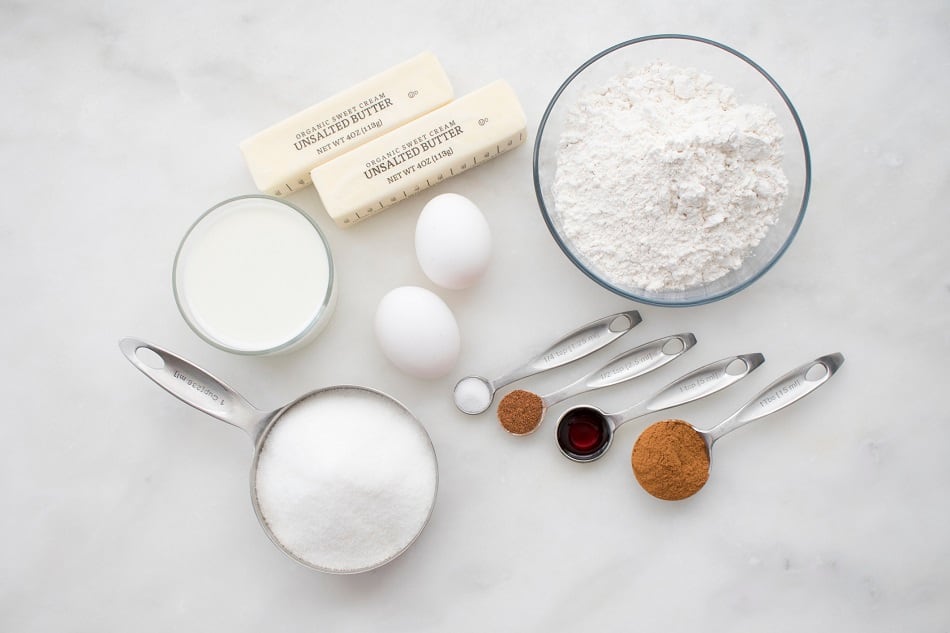Danish supplier Chr. Hansen manufactures natural colors and fruit and vegetable concentrates with over 600 products in its natural color portfolio.
Michael Schoer, director and head of global logistics at the supplier’s natural colors division, said its supply of natural color raw materials was secure for the moment thanks to healthy stock levels and multiple sourcing routes.
“[This is] due to healthy stock levels and multiple sourcing routes on a global scale ensuring agility and a competitive edge,” he said. “Our factories worldwide are running full speed and inventories are well loaded. Due to the unpredictable nature of this situation, we cannot say how the situation will look like in a week or two from now.
“We cannot completely avoid it having an impact on lead time or supply ability for individual items, but we have contingency plans to mitigate if it happens. These include possibly transferring production to other sites to the extent possible.”
NxtDried looks to build up inventory
Peru-headquartered NxtDried produces natural and functional ingredients using a proprietary drying technique, that add natural color, flavor and nutrients to food and drink products.
Its product portfolio, available in whole, powdered and granulated form, includes purple corn, red camu camu, and yellow turmeric used for color and native Peruvian fruits such as lucuma and yacón that add flavor and natural sweeteness.
The company, which has clients in Europe, the US and Canada, found itself having to adapt to strict nationwide lockdown measures announced by the Peruvian government with “very little warning”, which forced food manufacturing factories to close temporarily, according to Dafydd Davies, EMEA director at the company. However, NxtDried’s small size gave it the flexibility it needed to adapt, Davies added.
“Because we are in the early stage as a business, we just saw ourselves as doing stock-building, completing NPD and R&D and generating early sales,” he told FoodNavigator-USA. “Luckily we aren’t yet into big overheads and haven’t committed to vast amounts of stock we need to process.”
Davies, who previously worked in new product development for Nestlé Europe and UK, said NxtDried had the space and logistics to build up inventory. However, fruit seasonality and the availability of harvest pickers during the lockdown, could be concerning.
“We take in fresh products and process them so if we have to shut down, that fresh produce could go to waste. We are looking to build inventory because our dried product has a shelf life of two years or more.”
“Yacón has three or four months of prime production so you have to process all you can and then build up stocks as well as trying to [discuss with] clients to get ideas of their requirements for the year ahead. If we miss out, then that’s the season gone. In a sense, we’ve got to build stock while it’s in season.”
Kerry dives into COVID-19 food trend impact
Ireland-headquartered ingredient supplier Kerry said all its manufacturing facilities remained open.
“Business continuity plans are being regularly reviewed and updated to reflect the evolving situation to ensure a consistent supply chain for our customers,” said Jim Egan, global director of corporate affairs and communications. “This includes implementing mitigation measures for raw materials that are sourced from affected countries in order to reduce potential delays or disruptions.”
Kerry’s consumer insights team has also been producing reports on how the COVID-19 crisis is affecting consumer demand and shaping food and beverage trends.
Compiled using secondary data from market research firms such as Mintel and Nielson and insights from its own supply chain, the free-to-read reports cover packaged food products, foodservice and food delivery.
The COVID-19 crisis has seen some food trends upended as consumers swap fresh and artisan products made with natural ingredients for dried, canned and frozen foods.
“This change could have a long-term effect on shelf-stable products if consumers continue to add them to their regular grocery lists even after the fears surrounding COVID-19 lift,” wrote Kerry's Lauren Piek earlier this month. “Consumers who typically buy fresh and artisanal products may not know how to work with the shelf-stable products they’re purchasing. This is an opportunity for brands to help consumers better get to know their products.”
Jakob Dalmose Rasmussen, vice president of commercial development at Chr. Hansen’s natural colors division said the company was still working on existing R&D projects and has been able to connect with some customers through digital platforms for webinars and customer project reviews.
“Consumer insight work and market research will require more data points to determine which demographics are structurally affected beyond the current quarantine period across the globe. However, in line with consumers worldwide having to cook and eat at home, we can see activity in the prepared foods segment rising at the moment,” Dalmose Rasmussen added.
A boost for natural additives?
If confinement measures continue and shelf-stable products such as canned goods become a long-term fixture in consumers’ pantries, could manufacturers look to ‘clean up’ the labels of such products, replacing artificial flavors and colors for natural ones?
In any case, the pandemic is already causing consumers to look for health-boosting foods and ingredients.
“In this time of global pandemic, consumers are increasingly aware of their health and the practices necessary to defend it,” wrote the authors of a report published by data insights provider Tastewise, which uses an Artificial Intelligence-powered algorithm to track and analyze food searches, social media interactions, and online recipes. It found an increase in searches for natural ingredients and products such as elderflower, chamomile, and rosemary.
“Health is top of mind for consumers. Food-based sickness treatments help people take a proactive approach to preserving their health; 45% more consumers year-on-year are focused on this quality. We expect to see that number climb over the coming months,” it said.




